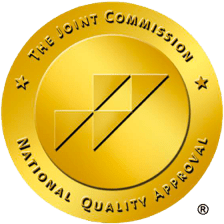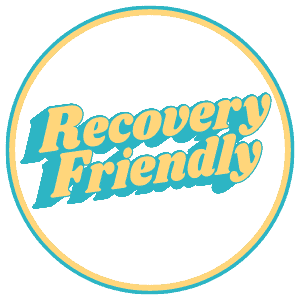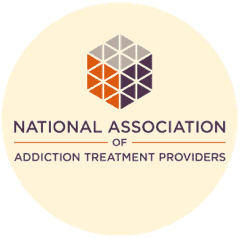We’ve all been there. One minute, we’re enjoying a meal or a workout or our favorite show, and the next we discover we’ve gone too far. Our stomach is killing us or we pull a muscle or we waste the whole day binge-watching bad TV. We realize we ignored the warning signs that tried to tell us it was time to stop. Some of us find ourselves in this situation more often than we’d like to admit, despite our best intentions.
If this sounds familiar, you already have a small glimpse into what it feels like to have an addiction. Imagine this cycle repeating itself every day. You not only ignore the warning signs, but you also can’t even see them. You are held hostage to a powerful chemical dependency that has changed the very physical structure of your brain. You are dependent on substances that, if not maintained, can make you feel terribly sick.
Addiction is a self-perpetuating cycle. One that often requires outside intervention and lots of physical, emotional, and social support in order to heal. Unfortunately, it’s not always easy to tell when someone is struggling, especially if they are using illegal substances. Addiction thrives in the shadows. But it does leave clues if you know where to look.
Here are a few of the common signs of addiction. Recognizing them can help you and those you care about to decide when it’s time to get help.
Physical changes
Sudden weight loss, no appetite, skin rashes, red eyes, memory loss, changes in speech, and frequent illness can all be signs of active addiction.
Changes in sleep habits
Sleeping a lot during the day and staying awake all night is a common pattern of substance use. So is being chronically fatigued and lethargic.
Personality changes
Loss of interest in favorite activities, missing work or school obligations, mood swings, lying, and increased secrecy may all be early signs of addiction.
Relationship troubles
Those who are actively using may become withdrawn and have a hard time maintaining friendships, romantic relationships, and close family connections.
Poor hygiene
Bathing and daily grooming may show signs of neglect. Clothing may be dirty or inappropriate for the weather; for example, wearing long sleeves in the summer.
Financial instability
Addiction is expensive. It can make it hard to save money, pay bills, or hold down a job. Someone who is actively using substances may ask to borrow money frequently.
Family history
A history of addiction is a risk factor for future addiction. If others in the family have struggled with substances and you are seeing signs, pay attention.
When it’s Time to Get Help
If these warning signs sound familiar, it might be time to reach out for help. Addiction is a chronic disease that rarely gets better without treatment. The good news is that addiction is treatable, and recovery can be the catalyst for tremendous personal growth and transformation. It can also heal lifetimes of trauma, breaking the cycle of addiction for current and future generations. Recovery is not only possible with Next Step Recovery, but it is also powerful!
If you or someone you know is struggling, we can help. Over the past 15 years, we’ve helped hundreds of men and their families embark on this life-changing adventure. You can too. To take the next step, call 828.350.9960 or email Susan@nextsteprecovery.com to learn more.









